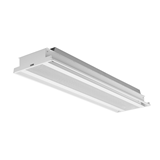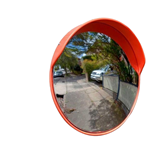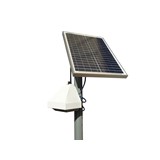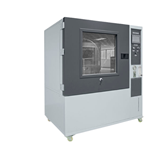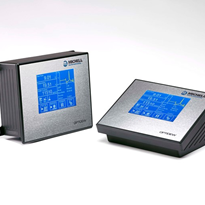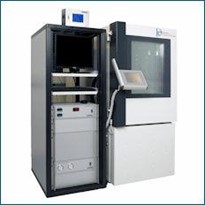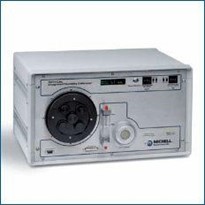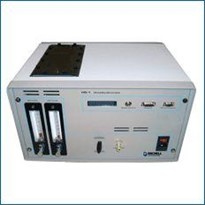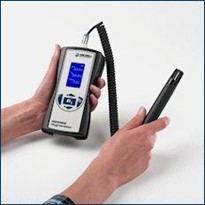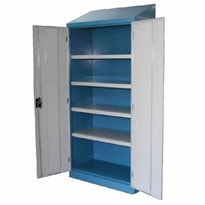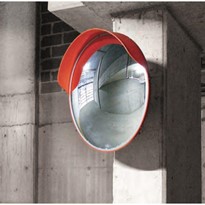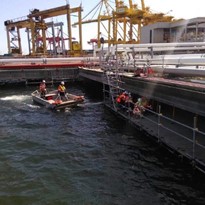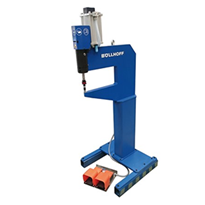To provide the right working conditions in dry rooms and clean rooms the air supply is dried by desiccant wheel dehumidifiers. Desiccant wheel dehumidifiers attract moisture from the air by creating an area of low vapour pressure at the surface of the desiccant. The pressure exerted by the water in the air is higher, so the water molecules move from the air to the desiccant, this dry air is then fed to the process area. The wheel rotates as such that only a portion of it is ‘active’ in drying at any one time. In order to ensure continuous drying, the ‘inactive’ section is fed with a supply of heated reactivation air, which passes through the wheel absorbing the moisture held within it and allowing it to be exhausted to the exterior atmosphere. As the process of drying releases heat, efficiency can also be increased by using the hot process air to pre-heat the reactivation air.
Battery Production
Lithium-ion batteries have developed over the last 20 years in terms of both technology and materials used; this has had great effect over the conditions in which the cells are produced. In current manufacturing situations room control conditions range between -30°C and -65°C dew point, depending on the specification of the clean room environment. With numerous people working on cell manufacturing, the moisture emissions from the personnel must be removed by dry air being continuously and accurately delivered to the production area. The Michell Instruments S8000 range of products can be used to sample the environmental moisture content at key. Locations in the manufacturing area and can also be linked to a SCADA system to either control the dehumidifiers themselves, or simply connected via their alarm contacts to provide an immediate indication when the humidity of the room exceeds the specified amount. For lower specification plants, the S8000 Remote or Integrale can be used when the dew point of the environment will not drop below -40°C or -60°C respectively. But for drier applications, or even when a -60°C measurement is required, but flexibility is needed to continue measurement if the dew point drops below this, then the S8000RS is a more suitable choice.
Storage Facilities
It is becoming increasingly important for the environmental conditions in warehouses handling sensitive or perishable goods to be carefully regulated. Damage to goods such as food products can be caused by excess humidity or temperature. Condensation from uncontrolled dew point to temperature differentials will also cause corrosion or tarnishing on metals etc. Many companies now stipulate that the environments that their sensitive goods are transported and stored in are temperature and humidity monitored. The storage and transport companies will also want to control these conditions, to ensure that the recommended limits are not exceeded. The Michell Instruments Easidew sensor is suitable for monitoring the output of dehumidifiers, ensuring that the quality of air does not deteriorate. The Michell Instruments Optidew 501 can also be used, when more sensitive good are being stored, so a higher accuracy and dependability of measurement is required.
Measurement Technique
Depending on the accuracy required, the appropriate on-line measurement system can be chosen – Easidew giving ±2°C dew-point accuracy, the Optidew 501 and S8000 giving ±0.15 to 0.1°C dew-point accuracy respectively. Sensors should be strategically positioned within the room to ensure that a complete knowledge of the environmental conditions is gained and optimum conditions are maintained at all times.




